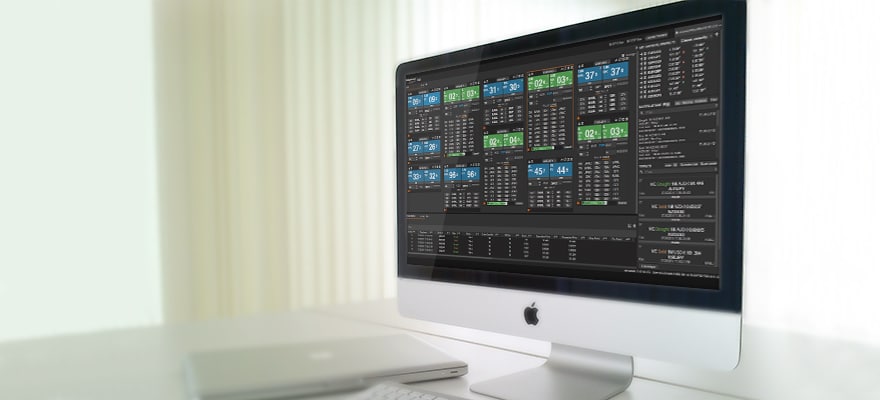FXSpotStream LLC, the aggregator service of LiquidityMatch LLC, today announced its latest volumes for January 2018, which managed to reverse December’s poor performance, en route to new all-time highs in the group’s seven-year history.
FXSpotStream got off to a strong start as the financial markets started off the new calendar year in high gear, with a multitude of factors helping steer volumes across several venues.
During the month of January 2018, FXSpotStream reported an average daily volume (ADV) of $26.3 billion, which represented a jump of 33 percent month-on-month from $19.8 billion reported back in December 2017. Across a yearly interval, the ADV metric in January 2018 reflected an advance of 39 percent.
The figure is a new all-time high, besting the $22.3 billion set back in November 2017, as well as FXSpotStream’s previous record reported in September 2017 at $23.9 billion.
January 2018 saw a total of 22 trading days, compared to 20 days in the month prior. In terms of total volumes at FXSpotStream, January 2018 showed $579.4 billion, which was also higher by 46 percent month-on-month from $396.5 billion in December 2017.
FXSpotStream is a wholly owned subsidiary of LiquidityMatch LLC, and was created as a cost-effective platform, which is offered on a commission free model for buyside firms to tap pricing from banks using a multi-dealer aggregating platform.
The group started the streaming aggregation business in 2011 with just a spot FX API and 6 liquidity providers, but now utilizes liquidity from a total of 13 leading global banks – BofA Merrill Lynch, Bank of Tokyo-Mitsubishi UFJ, BNP Paribas, Citi, Commerzbank AG, Credit Suisse, Goldman Sachs, HSBC, J.P. Morgan, Morgan Stanley, Standard Chartered, UBS and State Street.
FXSpotStream’s offering is a client to bank platform, with each liquidity taker required to create individual credit relationships with participating banks. This differs from other multi-dealer platforms such as FX ECNs like Hotspot and EBS Markets that operate with centralized order book systems for their participants.





Be First to Comment